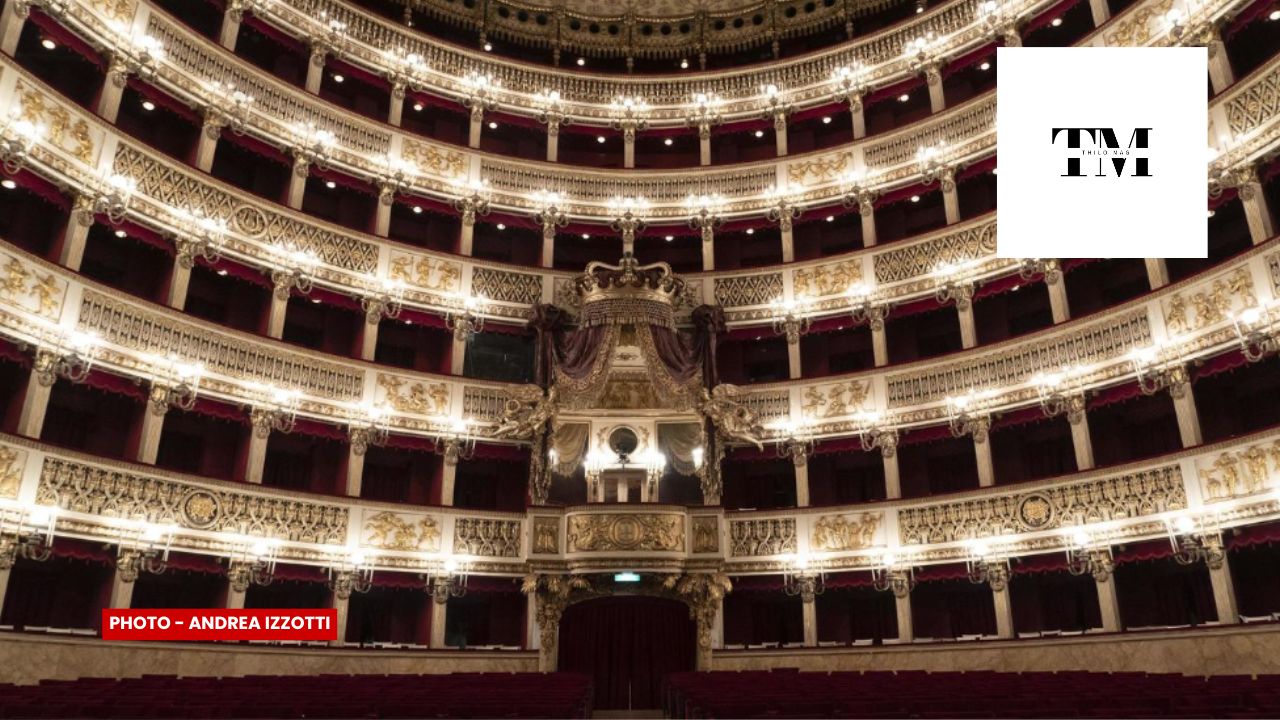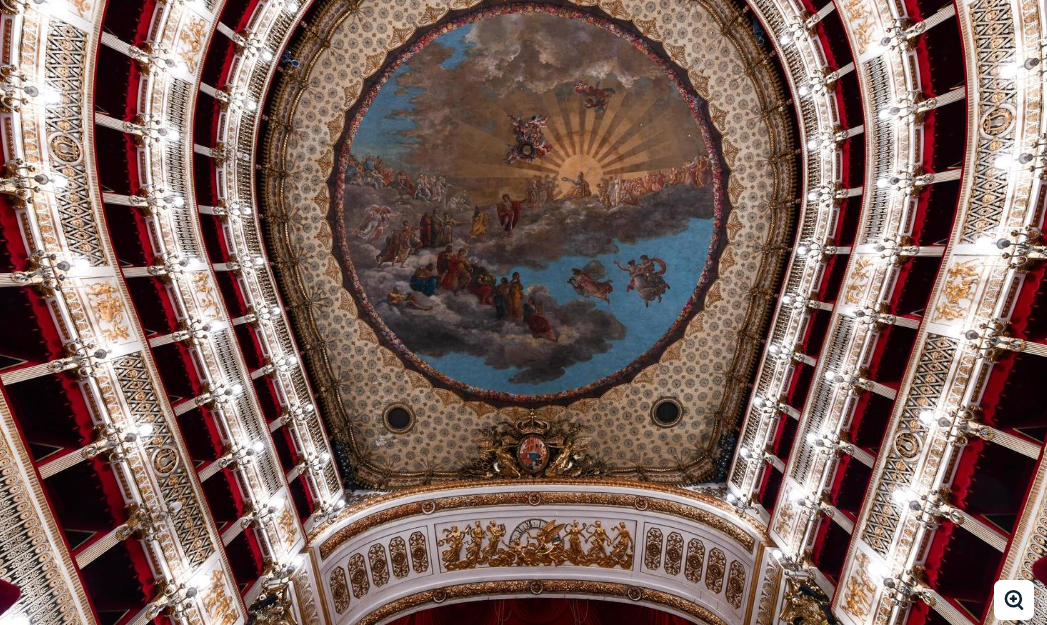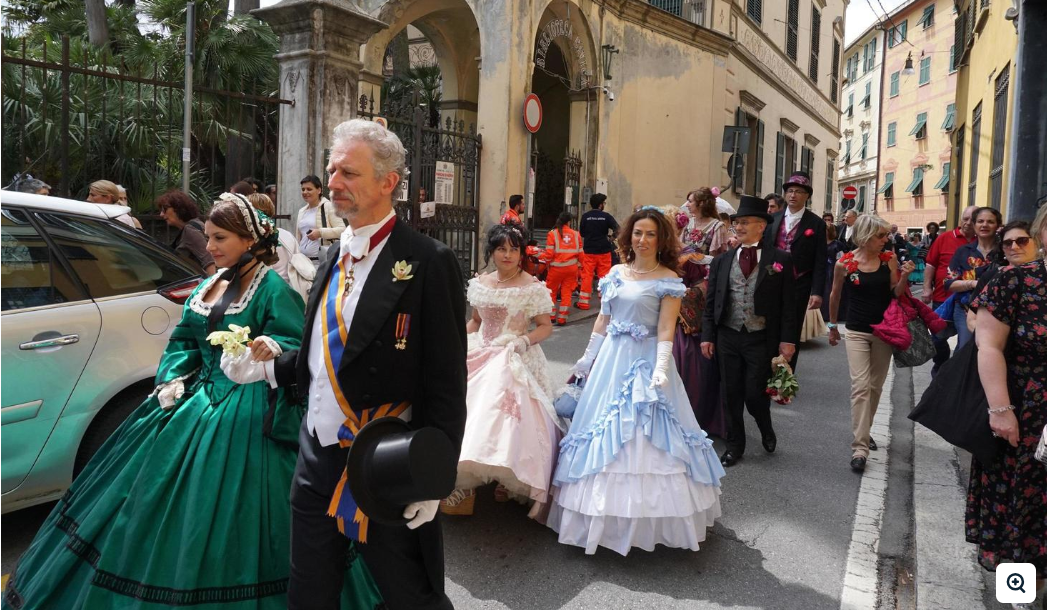The City That Sings – Naples’ Street Opera Culture
By Thilo Mag

In Naples, Italy, opera doesn’t belong only to grand theaters—it flows through alleyways, spills into piazzas, and echoes off centuries-old walls. Here, music is not a luxury. It is life. And for Neapolitans, street opera is a living, breathing tradition where passion, performance, and people blend into something truly magical.

A Musical Legacy in the Open Air
Naples is the birthplace of many musical forms, but it holds a special relationship with opera. The city’s Teatro di San Carlo, founded in 1737, is one of the oldest opera houses in the world. However, what sets Naples apart is not just this grand venue—it’s the way opera has spilled out of the theater and onto the streets.
Walk through the Quartieri Spagnoli or Via Toledo, and you might hear the soaring voice of a street tenor or the soulful hum of a grandmother singing an old aria while hanging laundry. Opera here is not staged—it’s spontaneous. It’s sung from balconies, shared in local markets, and performed in subway tunnels where the acoustics rival any concert hall.
Street Performers and Opera Buskers
In Naples, street performers are revered. Many of them are classically trained but choose the streets as their stage. Take, for example, the opera buskers who set up near Piazza del Plebiscito or outside Castel Nuovo. With little more than a speaker and a strong pair of lungs, they belt out Puccini, Verdi, and Bellini, captivating passersby and earning heartfelt applause—and sometimes, a few coins.
The boundary between artist and audience dissolves. Tourists and locals alike are swept into the music, often moved to tears. The rawness and sincerity of these performances create an intimacy that no opera house can replicate.

Opera as a Language of the People
For Neapolitans, opera is not just music—it’s expression. It’s the high drama of everyday life translated into song. The people here speak with their hands and feel with their whole hearts. Opera fits naturally into their way of being. It reflects their joy, their sorrow, their passion, and their resilience.
Songs like “O Sole Mio” and “Funiculì Funiculà”—now globally recognized—were born in Naples and are still part of the city’s daily soundtrack. These songs, often passed down through generations, are sung not only by performers but also by children playing in the streets and shopkeepers going about their day.
A Tradition That Evolves
Naples’ street opera culture is not static. Young musicians are blending classical opera with modern genres like jazz, pop, and even rap. This fusion creates a vibrant, contemporary soundscape that keeps tradition alive while allowing it to evolve.
Local conservatories and cultural programs often support these young artists, encouraging them to embrace both heritage and innovation. Social media has also amplified their reach, turning once-anonymous street performers into viral sensations.
The Soul of the City
To understand Naples, one must listen. Not just with the ears, but with the heart. The city sings of its past, its struggles, its triumphs—and it does so boldly and unapologetically. Street opera is more than art in Naples; it’s a heartbeat. It connects people, transcends language, and captures the soul of a city that refuses to be silenced.
So, the next time you stroll through a Neapolitan street and hear a voice rise above the hum of scooters and market stalls, pause. Listen. You’re not just hearing music—you’re witnessing a centuries-old tradition that continues to dance with the present, alive in every note.

